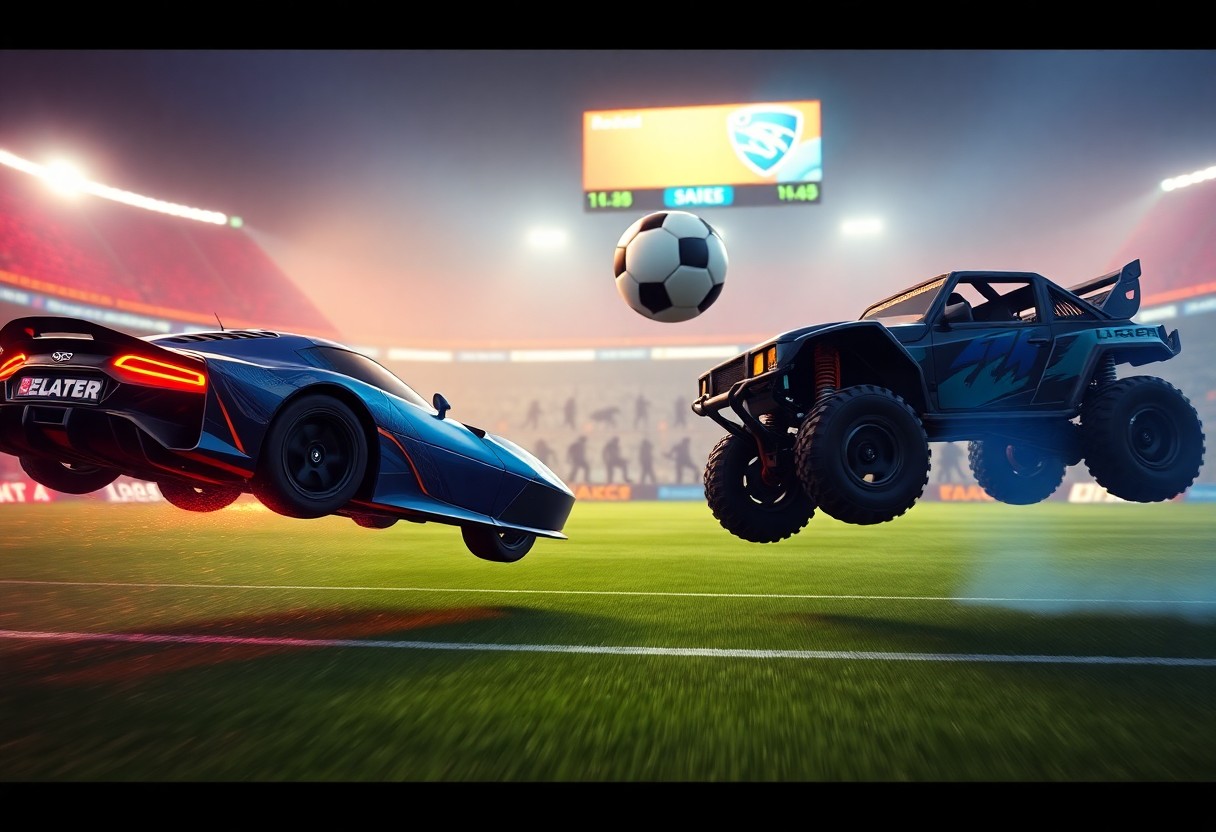With the growing popularity of Rocket League, players often find themselves entering into different game modes that challenge their skills in unique ways. One of the most intriguing aspects of Rocket League is the distinction between 1v1 matches and team play. While both formats involve the same fundamental mechanics and objectives—scoring goals and winning matches—the overall strategies and playstyles vary significantly, providing gamers with distinct experiences.
The 1v1 meta is centered around individual skill and mechanics. Players must rely solely on their capabilities to outmaneuver opponents, as there are no teammates to assist in goal defense or collective strategies. This format amplifies the importance of mechanical abilities, such as dribbling, aerials, and flicks, placing emphasis on direct duels. Players often focus on mastering one-on-one scenarios, improving their decision-making skills and reactions, as they must anticipate their opponent’s moves and counter them efficiently. The pace of a 1v1 match can be intense, as each player looks to capitalize on mistakes, and the lack of team dynamics means that every goal is a product of individual effort.
In contrast, team play introduces a variety of complexities that shift the focus from individual mechanics to teamwork and communication. Matches with multiple players require collaboration, strategy, and a good understanding of each player’s role on the field. For instance, on a standard 3v3 team, one player might specialize in offensive plays, while another could focus on defense. This means that players need to develop a synergy that allows them to anticipate each other’s movements and coordinate attacks and defensive maneuvers effectively.
One of the fundamental differences in team play is the emphasis on positioning and rotations. In 1v1, players often stay more aggressive and take risks, but in a team setting, maintaining the correct positions is vital to ensure consistent offensive and defensive structures. Proper rotations enable teams to cover each other while also executing plays that maximize scoring opportunities. This dynamic can create setups that are not possible in a 1v1 match, allowing for more intricate strategies driven by collective effort rather than individual brilliance alone.
Moreover, the psychological factors differ significantly between these two formats. In 1v1, players face a high-pressure environment where every mistake is magnified because there are no allies to share the burden. Conversely, in team play, players can provide support to one another, which can alleviate some of the individual pressure. However, this also leads to the potential for blame game scenarios, where one player’s poor performance can affect the team’s morale. As a result, managing emotions and fostering teamwork becomes vital in team play.
To wrap things up, while Rocket League’s 1v1 matches focus heavily on individual skills and mechanics, team play emphasizes coordination, communication, and strategic positioning. These divergences create two distinctly engaging experiences within the game, attracting players who enjoy solitary challenges as well as those who thrive in collaborative environments. Understanding these differences is key for players looking to improve their overall game and enjoy Rocket League to its fullest extent.





